Why is Financial Due Diligence Important in M&A?
Here are a few items to take into consideration when reviewing the income statement:
Decreasing revenues; inconsistent margins
Failed budget revenue goals
Discount and warranty policies
Seasonality impact
Price sensitivity to changes in market conditions
Product mix; distribution channels
Customer concentration and significant customer contracts
Revenue recognition
Cost of goods sold composition
Variable and fixed costs
Selling general and administrative costs
Extraordinary, non-recurring and non-business items
Accounting errors
The balance sheet is just as important as the income statement during due diligence because it provides a snapshot of the company's financial position at a specific point in time. It outlines the company's assets, liabilities, and equity, essential for analyzing its financial health, liquidity, and solvency. The goal is to determine the value of the net assets that will be acquired.
At a minimum, a buyer should consider the following balance sheet information:
Operating working capital levels
Intercompany and related party transactions that are not market value
Deterioration of buildings, machinery and equipment
Inadequate reserves of obsolete inventory, excess inventory
Uncollectible accounts receivable, unidentified deposits, other reserves
Deferred assets and liabilities
Restricted cash
Debt covenants and other third-party restrictions on the company's assets
Pending litigation
Employee-related obligations and benefits, pension plans
By thoroughly analyzing the income statement and balance sheet, an acquirer can identify any potential risks or red flags and decide whether to pursue the transaction. Ultimately, financial due diligence aims to determine if the intended purchase price is reasonable, realistic and makes strategic sense.
